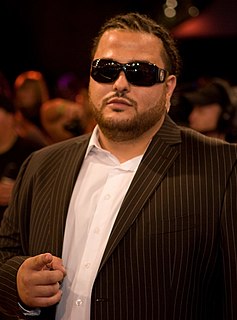A Quote by David Mitchell
I'm a novelist, that's how I make my livelihood, and I concentrate on the novels.
Quote Topics
Related Quotes
A lot of the times, if relationships go badly, you concentrate on the negative. But in those situations, there is always a positive outcome that you can learn from. So, I like to concentrate on the lesson and how I can learn from this. I concentrate on me rather than concentrating on the actual situation.
Douglas Adams did not enjoy writing, and he enjoyed it less as time went on. He was a bestselling, acclaimed, and much-loved novelist who had not set out to be a novelist, and who took little joy in the process of crafting novels. He loved talking to audiences. He liked writing screenplays. He liked being at the cutting edge of technology and inventing
To me, the newspaper business was a way to learn about life and how things worked in the real world and how people spoke. You learn all the skills - you learn to listen, you learn to take notes - everything you use later as a novelist was valuable training in the newspaper world. But I always wanted to write novels.





































